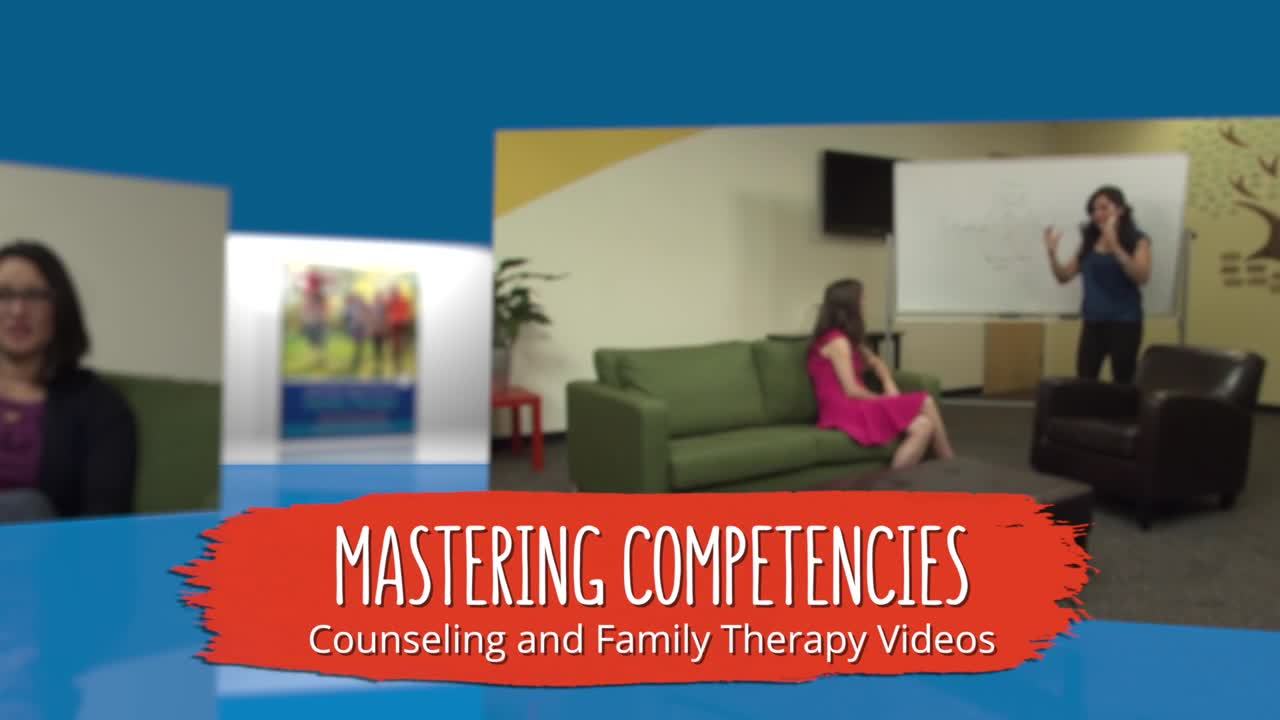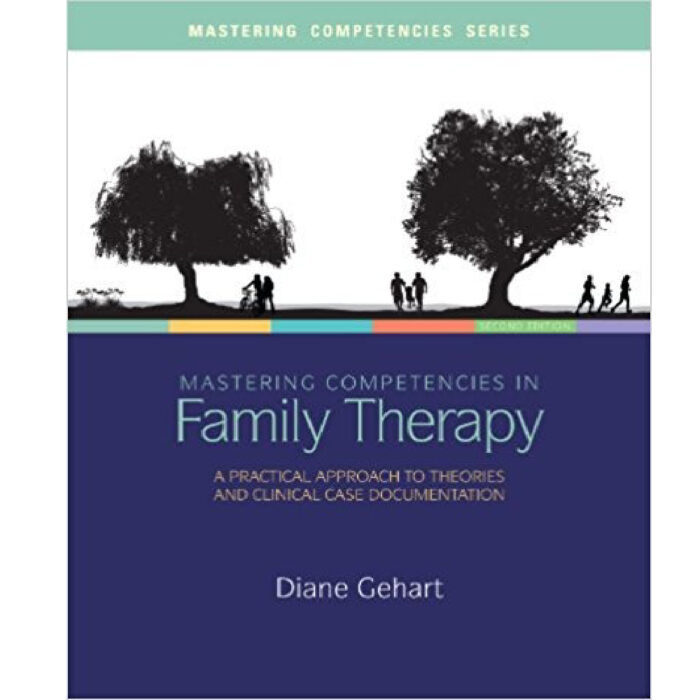Gehart mastering competencies in family therapy – Gehart’s Mastering Competencies in Family Therapy has revolutionized the field, providing a comprehensive framework for therapists seeking to enhance their skills and achieve therapeutic success. This model emphasizes the significance of core competencies, a structured approach to intervention, and ongoing professional development.
Gehart’s model is grounded in the belief that effective family therapy requires a deep understanding of family dynamics, evidence-based techniques, and a commitment to ethical and culturally sensitive practice. Through a series of stages, including assessment, intervention, and evaluation, therapists guide families towards improved communication, conflict resolution, and overall well-being.
Gehart Mastering Competencies in Family Therapy: Overview

Gehart’s Mastering Competencies in Family Therapy is a comprehensive model that provides a structured approach to family therapy. It emphasizes the development of specific competencies that enable therapists to effectively work with families and address a wide range of issues.
The model is based on the belief that successful family therapy requires a deep understanding of family dynamics, effective communication skills, and a range of therapeutic techniques. Gehart’s model provides a framework for therapists to develop these competencies and apply them in their work with families.
Key Principles and Concepts
- Family therapy is a collaborative process that involves the therapist and the family working together to identify and resolve problems.
- The therapist’s role is to facilitate communication, provide support, and challenge family members to change.
- The family is a system, and changes in one member of the family will affect the entire system.
- Therapy should focus on strengths as well as weaknesses, and on helping families to develop coping mechanisms.
Stages of the Gehart Model: Gehart Mastering Competencies In Family Therapy
Assessment
The assessment stage involves gathering information about the family, including their history, current functioning, and presenting problems. The therapist will also assess the family’s strengths and weaknesses, and identify potential areas for intervention.
Intervention
The intervention stage involves working with the family to develop and implement a plan to address the identified problems. The therapist will use a variety of techniques, such as communication training, problem-solving, and role-playing, to help the family make changes.
Evaluation, Gehart mastering competencies in family therapy
The evaluation stage involves assessing the progress of the family and making any necessary adjustments to the treatment plan. The therapist will also provide ongoing support to the family as they work to maintain the changes they have made.
Core Competencies for Family Therapists
Gehart identified eight core competencies that are essential for effective family therapy:
- Communication skills
- Assessment skills
- Intervention skills
- Evaluation skills
- Cultural competence
- Ethical competence
- Self-awareness
- Supervision
These competencies are essential for therapists to be able to effectively work with families and help them to resolve their problems.
Case Studies and Applications
Gehart’s Mastering Competencies in Family Therapy has been used successfully to treat a wide range of family problems, including communication problems, conflict, and substance abuse.
One case study involved a family who was struggling with communication problems. The therapist used communication training to help the family members to learn how to communicate more effectively with each other. The family also learned how to problem-solve and role-play, which helped them to develop coping mechanisms for dealing with conflict.
Another case study involved a family who was struggling with substance abuse. The therapist used intervention skills to help the family members to develop a plan to address the substance abuse. The family also learned how to provide support and encouragement to each other, which helped them to maintain the changes they had made.
Training and Development
There are a number of training and development opportunities available for therapists who want to master Gehart’s competencies.
The American Association for Marriage and Family Therapy (AAMFT) offers a variety of training programs, including workshops, conferences, and online courses.
The University of Minnesota offers a Master of Science in Family Therapy program that includes training in Gehart’s Mastering Competencies in Family Therapy.
Ongoing professional development is essential for family therapists to stay up-to-date on the latest research and best practices.
Research and Evidence Base

There is a growing body of research that supports the effectiveness of Gehart’s Mastering Competencies in Family Therapy.
One study found that families who participated in therapy based on Gehart’s model showed significant improvements in communication, problem-solving, and conflict resolution.
Another study found that families who participated in therapy based on Gehart’s model were more likely to stay together and less likely to experience relapse.
The research findings suggest that Gehart’s Mastering Competencies in Family Therapy is an effective approach to helping families resolve their problems and improve their functioning.
FAQ Guide
What are the core competencies identified by Gehart?
Gehart identified eight core competencies for effective family therapy: assessment, intervention planning, intervention implementation, evaluation, ethical practice, cultural sensitivity, self-reflection, and professional development.
How does Gehart’s model address the challenges of family therapy?
Gehart’s model provides a structured and evidence-based approach to family therapy, addressing challenges such as resistance, communication breakdowns, and complex family dynamics through tailored interventions and ongoing evaluation.